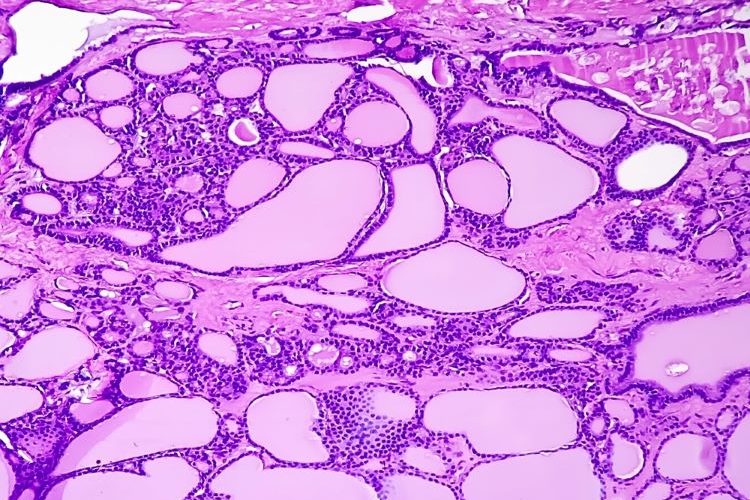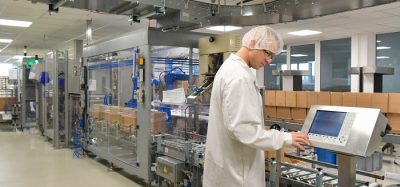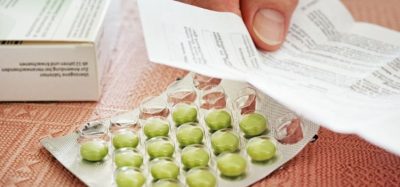FDA approves innovative engineered cell therapy
Posted: 2 August 2024 | Catherine Eckford (European Pharmaceutical Review) | No comments yet
The accelerated approval by the US Food and Drug Administration (FDA) authorises the first engineered cell therapy for a solid tumour in the US.


For the first time in over a decade, there is a new treatment option for patients with synovial sarcoma, a rare soft tissue cancer. The US Food and Drug Administration (FDA) has granted accelerated approval for the cell therapy TECELRA ® (afamitresgene autoleucel) to treat adults with unresectable or metastatic forms of the disease.
Adaptimmune Therapeutics highlighted that TECELRA is a melanoma-associated antigen A4 (MAGE-A4)-directed genetically modified autologous T cell immunotherapy.
The approval means TECELRA is indicated for individuals who:
- have received prior chemotherapy
- are HLA-A*02:01P, -A*02:02P, -A*02:03P, or -A*02:06P positive
- have a tumour that expresses the MAGE-A4-antigen
The FDA’s decision was based on results of the Phase II SPEARHEAD-1 (Cohort 1) trial. Specifically, overall response rate and duration of response. This study found that the cell therapy enabled an overall response rate of 43 percent with a complete response rate of 4.5 percent.
Impact of the cell therapy approval
This approval represents a much-needed new option for people diagnosed with this sarcoma and an important milestone for the use of cell therapies in solid tumour cancers”
“TECELRA (afami-cel), which uses each patient’s own immune cells to recognise and attack their cancer cells in a one-time infusion treatment, is significantly different than the current standards of care for advanced synovial sarcoma.
“This approval represents a much-needed new option for people diagnosed with this sarcoma and an important milestone for the use of cell therapies in solid tumour cancers,” explained Dr Sandra D’Angelo, Sarcoma Medical Oncologist and Cell Therapist, Memorial Sloan Kettering Cancer Center and SPEARHEAD Trial Principal Investigator.
“For decades, therapeutic options for people diagnosed with synovial sarcoma have been limited. With a current five-year survival rate as low as 36 percent, and for those with metastatic disease at diagnosis, as low as 20 percent, it is long past time that synovial sarcoma patients have expanded treatment options,” commented Brandi Felser, Chief Executive Officer, Sarcoma Foundation of America. With US approval TECELRA, “there is a renewed sense of hope for this patient community.”
Related topics
Anti-Cancer Therapeutics, Clinical Development, Clinical Trials, Data Analysis, Drug Development, Drug Markets, Drug Safety, Immunotherapy, Industry Insight, Regulation & Legislation, Research & Development (R&D), Technology, Therapeutics
Related organisations
Related drugs
cell therapy, Immunotherapy, TECELRA (afamitresgene autoleucel)









